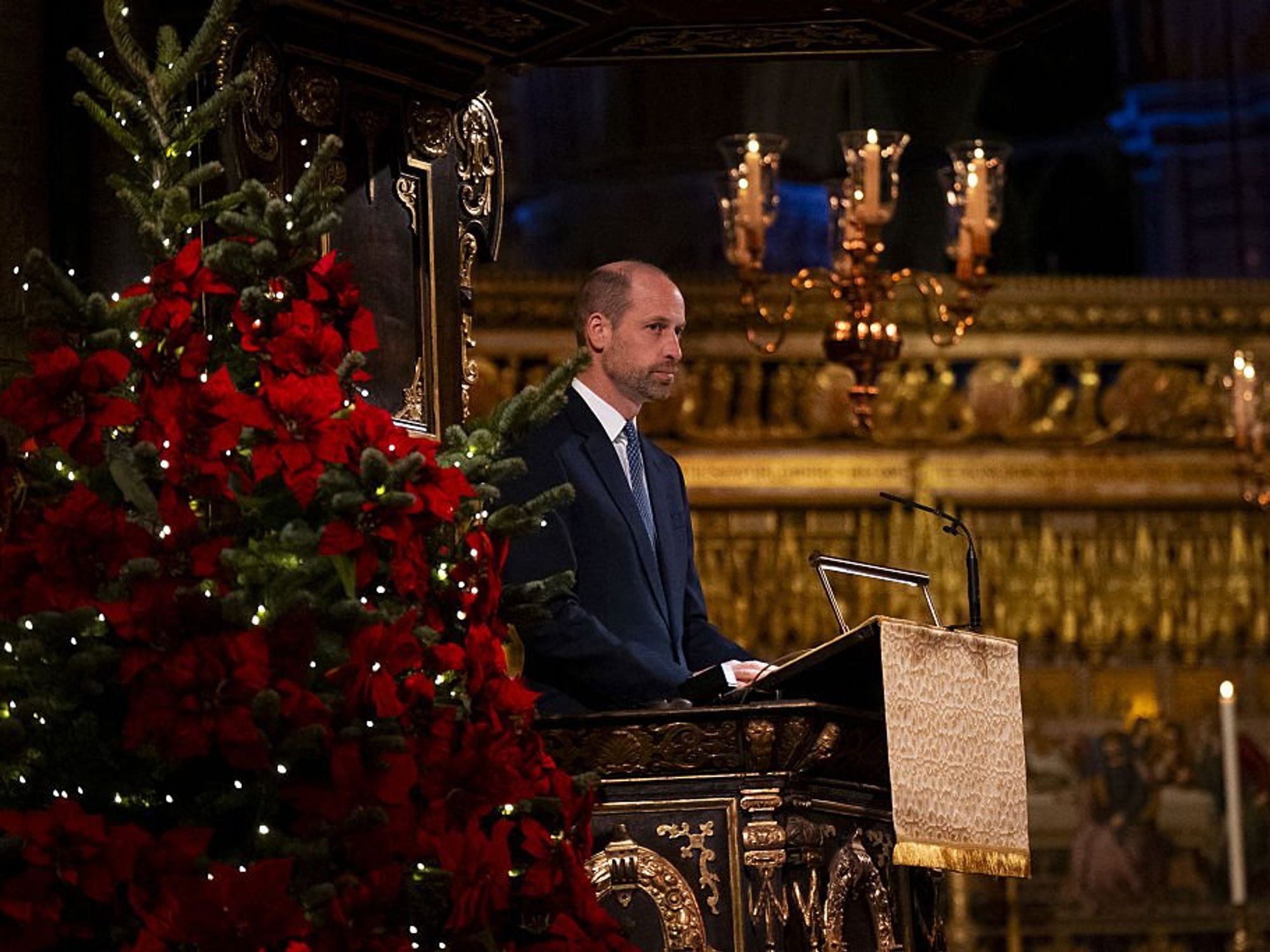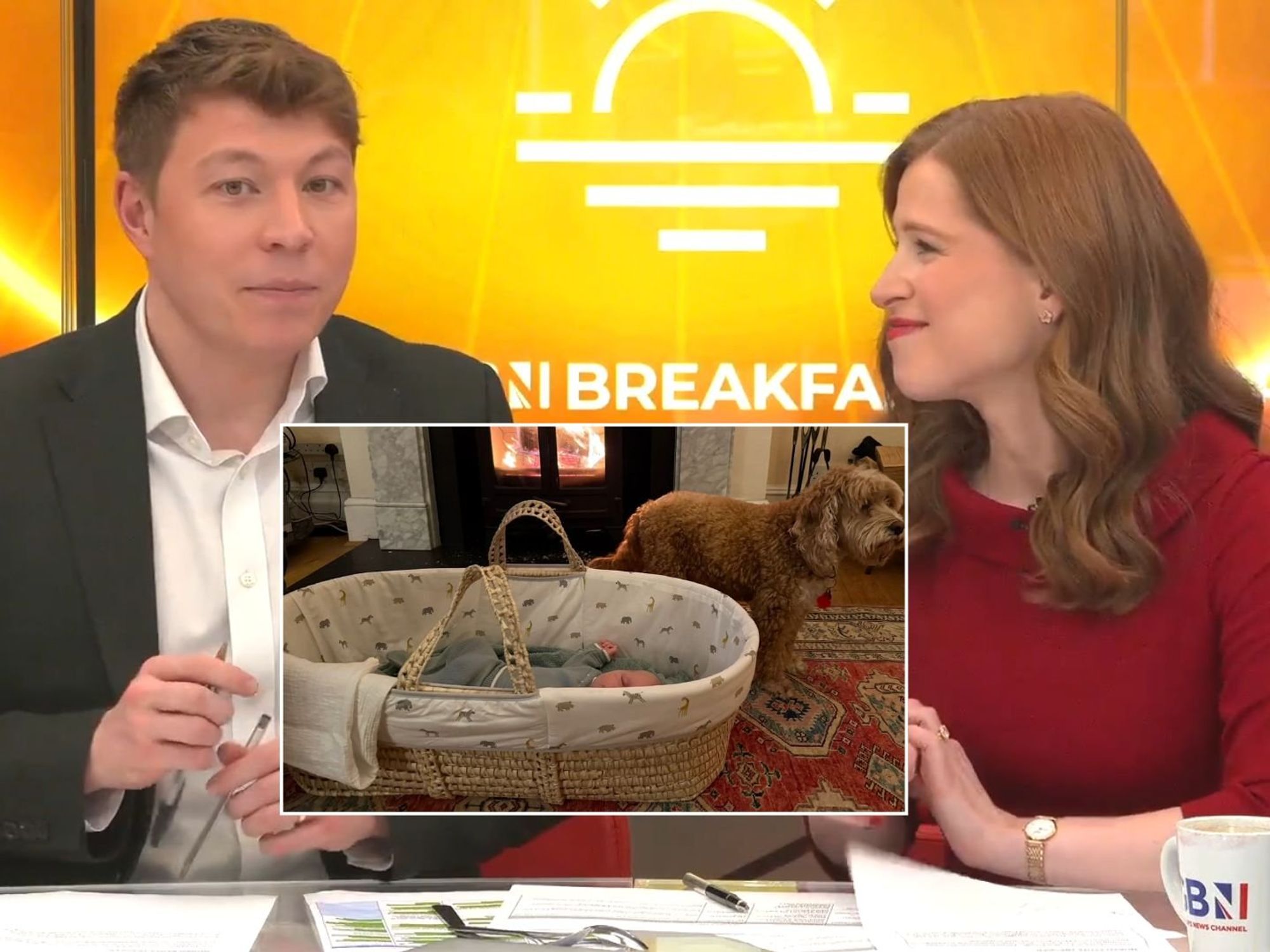Britons can 'massively slash' inheritance tax liability as pension savings can be passed on tax free

There are several effective ways to reduce one's inheritance tax bill
| GETTY
There are several effective ways to reduce one's inheritance tax bill
Don't Miss
Most Read
Inheritance tax (IHT) usually doesn't apply when people pass on their pension pot making it an effective way to pass on wealth to family members or down to future generations.
Inheritance tax receipts rose to £7.5billion last year with more households being forced to pay up to HMRC.
Due to frozen tax allowances and rising house prices, more families are becoming concerned with being caught in the net.
The latest figures show less than four per cent of estates paid inheritance tax in 2020/21, however this figure is only set to rise in the upcoming years.
To cut costs, an expert has explained that there are many legal ways to reduce one's inheritance tax bill.
The “most impactful” is utilising the tax-free inheritance threshold - currently £325,000 in the UK - by gifting excess assets above this amount during one's lifetime.

The latest figures show less than four per cent of estates paid inheritance tax in 2020/2
| GETTYYiannis Zourmpano, senior contributor at Bountii explained that tax-efficient investing in ISAs, pensions and certain trusts is also key, as they enjoy beneficial tax treatment on contributions, growth and inheritance.
The finance expert told GB News that beneficiaries (those people want to pass their money onto) can inherit pension savings tax-free if nominated by the holder.
He explained that this provides an effective means of passing on retirement funds without eroding them via inheritance tax as both lump sum and income drawdown pensions can be inherited this way.
He said: “There are no lifetime limits on the amounts that can be passed on.
“Pension inheritance provides particular benefits for younger beneficiaries who can enjoy long-term tax-free growth.”
Inheritance tax doesn't usually apply when people pass on their pension pot as it isn't normally part of their taxable estate.
In addition to the potential savings on IHT, people may also get tax benefits on any future investment returns.
Beneficiaries may be able to receive tax-free withdrawals if they die before the age of 75.
It's important to bear in mind that money one takes out of their pension pot could form part of their estate if, for example, if they don't spend it and it's still in their bank account.
Money left in pension savings can be passed on to one’s dependants or family tax-efficiently, depending on:
- the type of pension plan it is
- Who they have nominated to receive the money (their beneficiaries); their will won't do this for them
- Their age when they die, as their dependent could pay income tax on any income they take from their pension pot
Passing on pension savings: What to consider
Standard Life, pensions and long-terms savings company gave three things to think about before people get started:
1 Check with your providers on whether your pension savings are outside the estate. They will also be able to tell if it has the full range of income flexibility and death benefit options they need.
2 If not, individuals could think about transferring their plan to a pension plan that keeps it out of the estate. However, pension savers are warned: “be aware if you’re in poor health it might not always be a good idea, as the pension plan could be liable for inheritance tax if you die within two years of transferring.”
People should also make sure they won’t lose any valuable benefits or guarantees.
LATEST DEVELOPMENTS:
3 Tell your pension provider who you want to be considered as a beneficiary. They will take one’s wishes into account but may not be bound by them.
Britons are encouraged to review their choice regularly, especially when they reach 75 as this is when income tax will start to apply.
It's also worth speaking with one’s pension provider or their adviser about all of these points.
As its an important thing to get right so people make the most of their retirement savings.
Zourmpanos continued: “To reduce IHT on the family home, adding children to property deeds makes the children joint owners, reducing the deceased parent's share and hence IHT liability.
“Downsizing also frees up capital for children's home purchases, while shrinking estate value. A residence nil-rate band provides £175,000 tax exemption for direct descendants.
“Outright lifetime gifting of the home, if the donor survives seven years, can also eliminate IHT. But the donor loses access, so other strategies may be preferable.”










